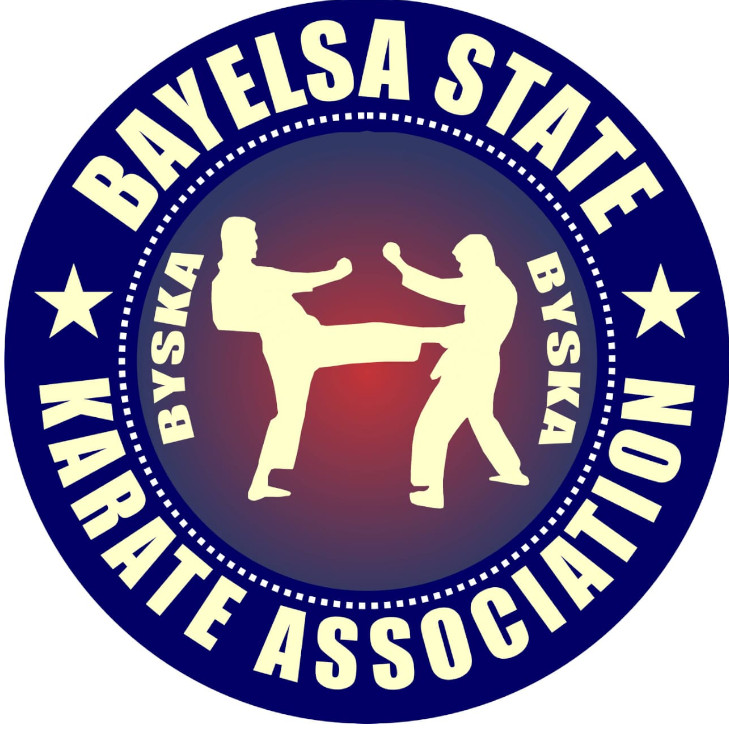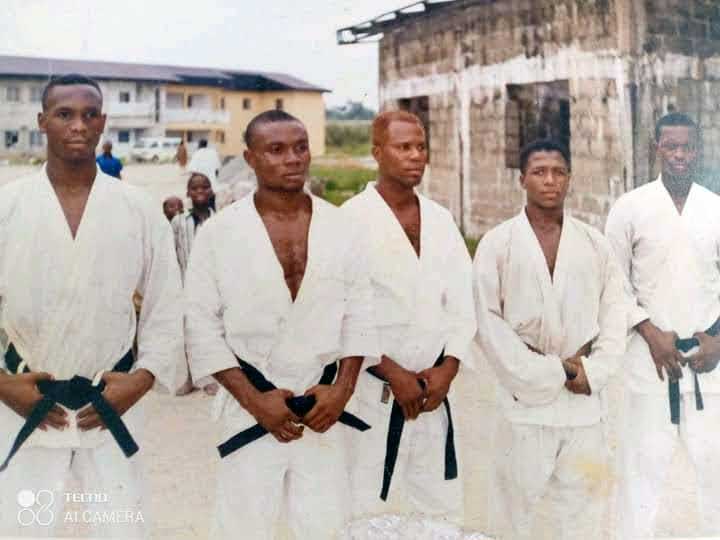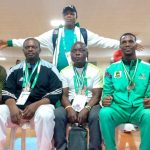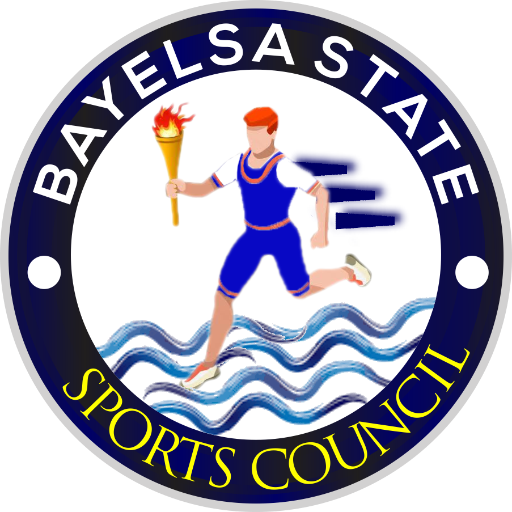karate ASSOCIATION
A brief history of Karate globally
Master Gichin Funakoshi
1868-1957
Karate is an Okinawan/Japanese martial arts. It is an empty hand combat. It is a martial art developed on the Ryukyu Islands in what is now Okinawa, Japan. It developed from the indigenous martial arts of Ryukyu Islands called “te” under the influence of Chinese martial arts, particularly Fugian White Crane. A Karate practitioner is called a Karateka.
Karate is now predominantly a striking art using punching, kicking, knee strikes, elbow strikes and open hand techniques such as knife hands, spear hand, etc. In some modern styles, grappling, throws, joint locks, restraints, and vital point strikes are also taught.
Karate was brought to Japan mainland in the early 20th Century during a time of cultural exchanges between the Japanese and the Chinese. It was systematically taught in Japan after the Taisho era (the first era of modern Japan).
In 1922, the Japanese Ministry of Education invited Master Gichin Funakoshi (the founder of Modern Karate) to Tokyo to give a Karate demonstration.
In 1924, Keio University established the first University Karate Club in mainland Japan and by 1932, major Japanese universities had karate clubs. In this era of escalating Japanese militarism, the name was changed from (Chinese Hand or Tang Hand) to (Empty Hand) — both of which are pronounced “Karate” to indicate that the Japanese wished to develop the combat form in Japanese style.
THE WORLD KARATE FEDERATION (WKF)
The World Karate Federation is the largest organisation for karate as a sport has developed a system of common rules and regulations. Karate is also recognised as an Olympic Sport by the International Olympic Committee.
After several decades of rapid worldwide growth, severe competitions started to attract karate athletes from several countries during the 1960s.
The different styles of karate, diversity of the rules and lack of unified protocols that govern any type of competition indicated a need to create an international governing body comprising united National Karate Federation that could start to address these issues from a unified global perspective.
Four major styles (Shotokan, Shitoryu, Goguryu, Wadoryu) are majorly practiced worldwide. Though there are other new styles that have emerged. Shotokan Karate is majorly practiced in Nigeria.
According to the World Karate Federation (WKF) president, Antonio Espinos, “the WKF has signed a far reaching agreement with the US-based platform CSI Entertainment (Fight Sports Channel) to distribute Karate’s biggest events worldwide. Our many efforts to make the best of our Olympic debut in Tokyo 2020 have truly paid off, not only making Karate one of the most exciting sports of the Games but also producing great audience numbers worldwide.”

When Karate started in Bayelsa State?
Karate came into Bayelsa State in 1998 after the 5th NATIONAL KARATE CHAMPIONSHIPS organised by the Karate Federation of Nigeria (KFN) in May, 1997 in Lagos. From that time, Sensei Bates Tarelayefa Godbless rtd., made sure KARATE is included in sports too in the National Sports Festival Imo 1998.
The President of Karate Federation of Nigeria (KFN), Otunba Abdul Rasaq Adeagbo gave Bates Tarelayefa Godbless a letter dated 17th December, 1998 to the then Director of Sports, Bayelsa State, Late Mr Alpheus Amgbare. From then, Karate came to limelight. Hon. Peter Akpe too played an important role when he was sent by the Director of Sports to call when it was ripe. Shihan Izonebi Mesarawou and Sensei Bates Tarelayefa were the first employed Head and Assistant Coaches respectively. The President of Karate Federation of Nigeria is H.E Silas Agara.
Goals and Objectives of Karate

Pioneer Bayelsa state karate executives
Competitions attended & Medals won
| Events | Medals |
|---|---|
| Bauchi 2000 National Sports Festival | 1 Gold, 1 Silver |
| Edo 2002 National Sports Festival | 1 Gold, 2 Silver |
| Abuja 2004 National Sports Festival | 1 Gold, 1 Silver, 1 Bronze |
| Bayelsa S/South National Karate League | 2 Gold, 2 Silver, 1 Bronze. |
| Ogun 2006 NSF Kaduna 2009 NSF | None |
| Rivers 2011 National Sports Festival | 1 Gold, 1 Silver |
| Abuja 2017 | 1 Gold, 2 Silver, 3 Bronze |
| Abuja 2018 National Sports Festival | 1 Gold, Silver, Bronze |
| Edo 2021 National Sports Festival | 1 Silver, 1 Bronze |
| Lagos 2021 Zainab Saleh Female Int’l Championship | 1 Gold, 1 Silver, 1 Bronze |
| Delta 2022 National Sports Festival | 1 Gold, 5 Silver, 2 Bronze |
The Association Executives
| Names | Designation |
|---|---|
| Shihan Olusegun I. Abode | Current Chairman |
| Mr Ziwaramo Orukari | Secretary |
| Sensei Lawrence Udoka | Head Coach |






